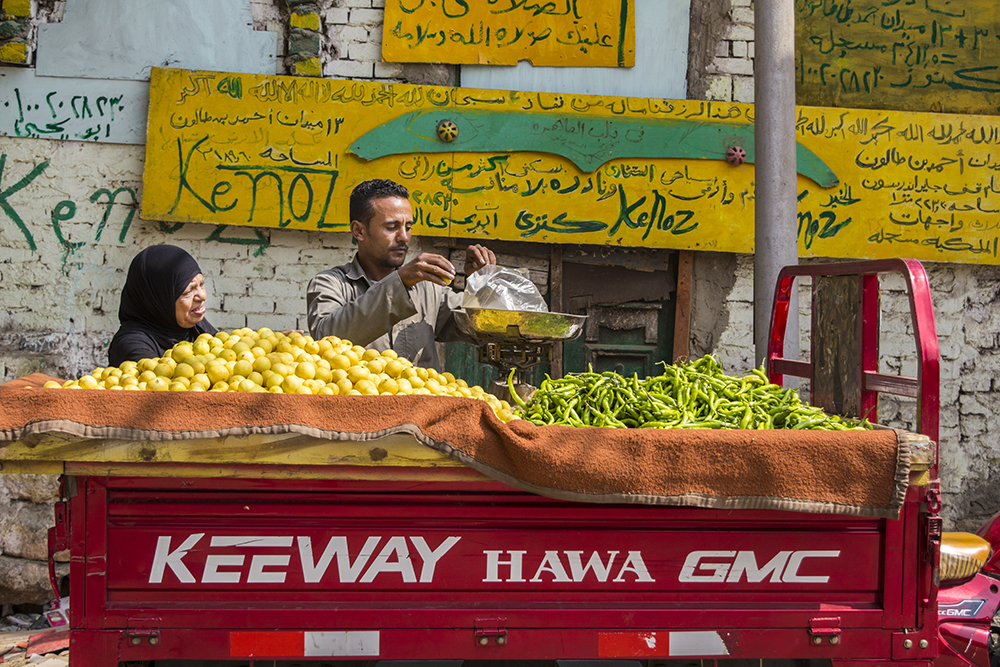
The predominance of informality in Egypt’s economic activity, which is estimated to constitute around 40 percent of the country’s GDP, has often been regarded as a major impediment to development and is usually linked to “low standards of life.”
The usual policy approach has always been a question of how Egypt can “remove” or “free” itself from the challenges of informality. Though terms can also be redefined and looked at through many different directions to inspire innovative policies. From a bottom-up approach, which aims to strengthen the channel of communication with the experiences of the informal workers, the policy approach could instead be how to “include” and “join forces” with these workers in the economy.
As governments around the world are imposing full or partial lock-downs to limit the spread of the disease and flatten the COVID-19 curve, the vulnerability of informal workers and daily wage earners is once again looked at as a challenge that developing countries must “emancipate” themselves from.
However, the crisis could also accelerate reforms and push states to think of new ways to improve regulation of the informal economy and incorporate marginalized groups in the economy. The importance of establishing channels of communication and prioritizing the formalization of human labor over just businesses is an essential economic reform that can ensure states respond adequately to a public health emergency.
According to Amr Adly, an assistant professor of political science at the American University in Cairo, Western countries’ institutional arrangements and regulatory capacities are rooted back in times of emergency, such as the Great Depression and the two World Wars, which could allow “for optimism that the coronavirus crisis could have a transformational impact across the Global South.”
Pushing forward, states should also look at bottom-up approaches in tackling informal labor and particularly street vendors. In ‘Why Street-Vendor Relocation Policies Need to Be Rethought’ Lissette Aliaga Linares recommends that state officials turn towards a ‘bottom-up’ approach that ensures that street vendors themselves are taking part in formulating these policies.
For instance, non-profit organizations and civil society could create a necessary ‘link’ between authorities and street vendors, as in the case with Asiye Etafuleni in India, which works to increase the visibility and the voices of these informal workers and provides ‘urban intelligence’ for local and international stakeholders to engage and support them.
Egypt’s Story in Development
In a video conference organized by the Middle East Institute, the oldest think tank and cultural center in Washington dedicated to Middle Eastern studies, Dr. Rania Al-Mashat, Minister of International Cooperation, stressed on how Egypt is keen on accelerating structural reforms that includes formalization of the informal sector.
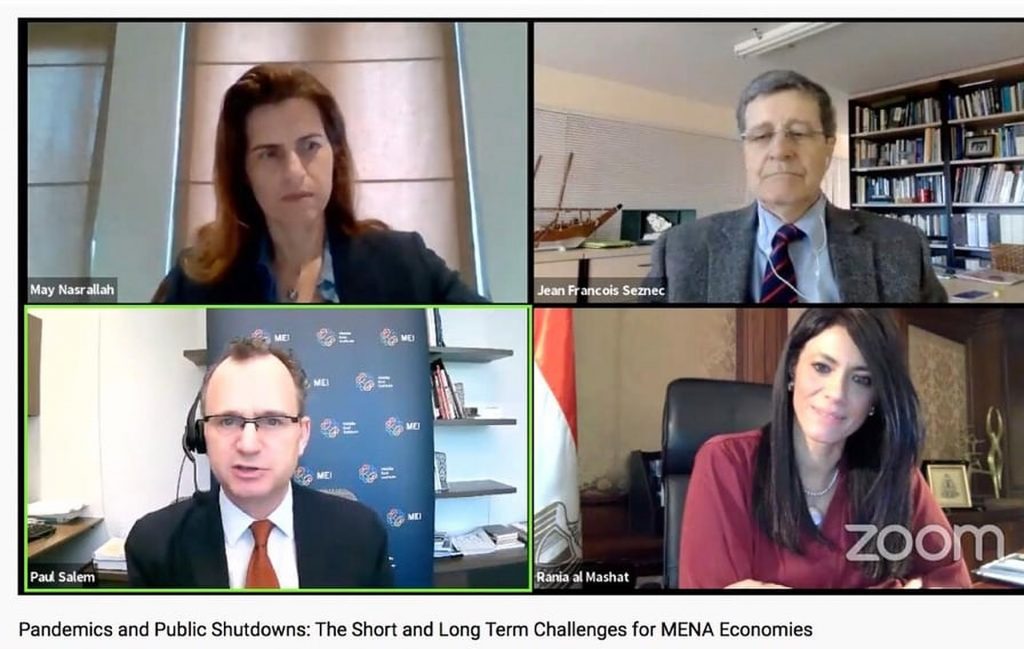
A one-off monetary compensation (500 EGP) will be offered to informal workers registered at the database of the Ministry of Manpower through post offices. Registration has already included around one million individuals working in construction, agriculture, fishing and plumbing.
To deal with the socio-economic challenges, Egypt’s program aims to mitigate impact on an un-organized labor force through employment protection legislation and unemployment benefits, put forward a social protection and safety agenda, and expediting the financial inclusion and digital reform agenda.
In regards to widening the social safety net, 60,000 households have been added to the Takaful & Karama program, and an additional 100,000 will be added. An increase in payments to women community leaders in rural areas will also be implemented, from 350 EGP to 900 EGP per month.
The minister added that concerning that Egypt’s efforts to combat the outbreak of the COVID-19 virus does not overlook the achievement of the United Nations Sustainable Development Goals, which comes after the UN reflected fears that efforts for combating the virus might risk overlooking the SDGs objectives.
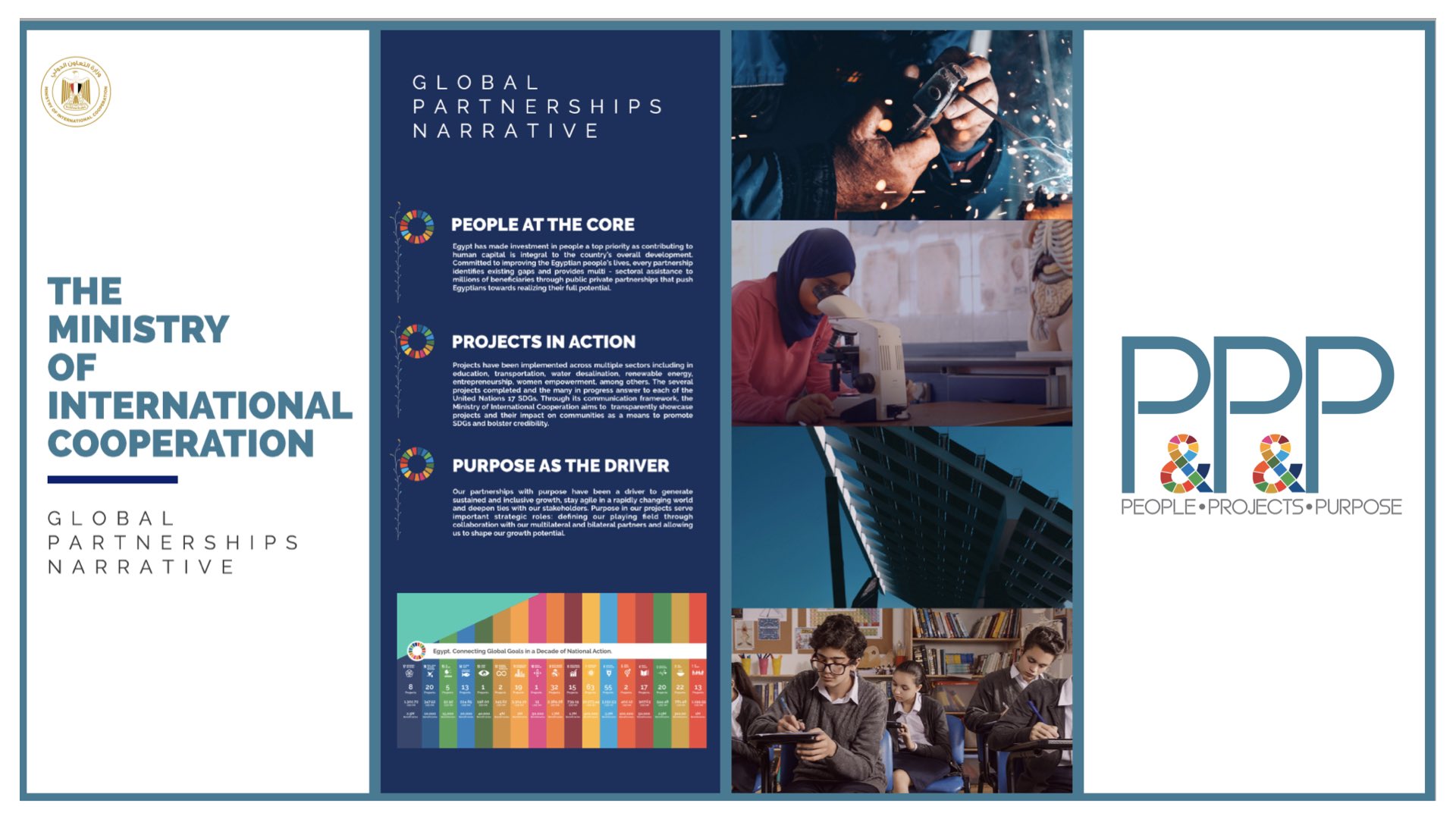
Al Mashat presented the Ministry of International Cooperation’s Global Partnerships Narrative, which focuses on three pillars: People, Projects and Purpose.
People at the core: By placing investment in people a top priority, Egypt is keen on integrating human capital to the country’s overall development, commit to improving the Egyptian people’s lives and push Egyptians towards realizing their full potential.
Projects in action: More than 247 projects have been implemented across multiple sectors in education, transportation, water desalination, renewable energy, women empowerment among others, each of them answering each of the United Nations 17 SDGs.
Purpose as the driver: Purpose is the main drive to generate sustained and inclusive growth as well as defining Egypt’s playing field through collaboration with its multilateral and bilateral partners.
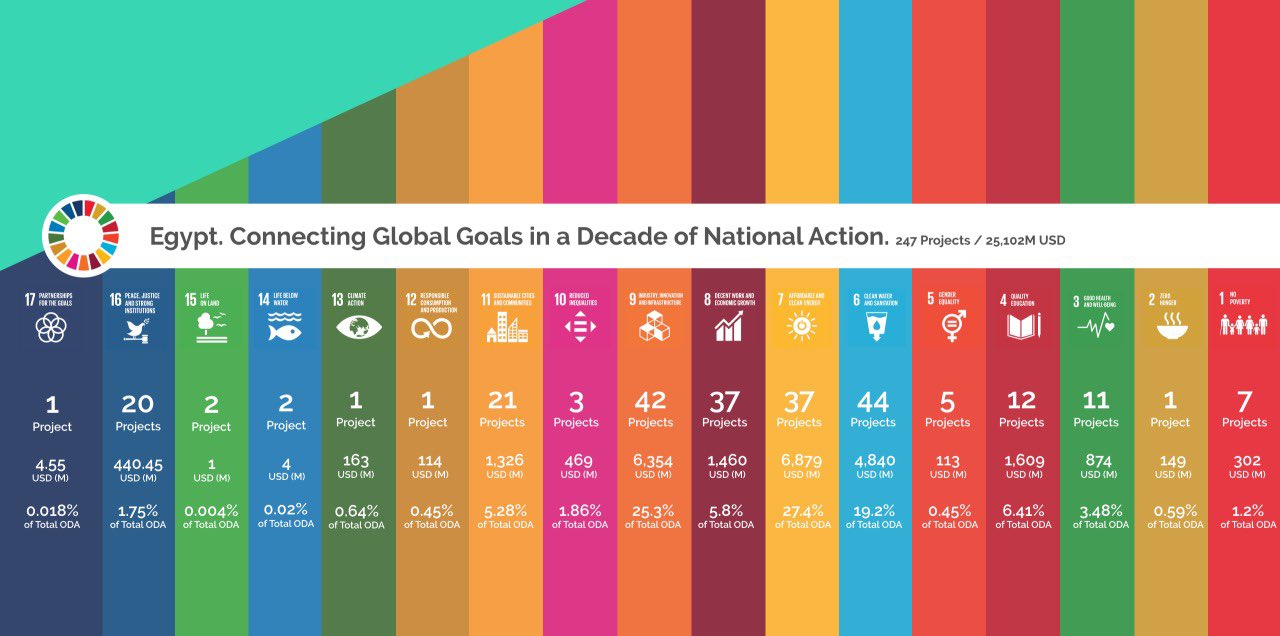
Mr. Paul Salem, President of the Middle East Institute, praised the measures taken by the Egyptian government during the video conference to reduce the spread of the new virus, pointing out that this crisis should act as a catalyst for regional cooperation.
Egypt’s response in COVID-19 fight has stressed on the importance of protecting the population from the virus, providing easier access to credit to help households smooth consumption and liquidity for firms to survive the disruption, and pushing progress by expediting structural reforms through and beyond COVID-19. The response strategy can be summarized into: protect, provide and progress.
A new debt relief initiative for individuals at risk of default has also been announced that will waive marginal interest on debt under EGP 1 million if customers make a 50 percent payment.
The preferential interest rate on loans to SMEs, industry, tourism and housing for low-income and middle-class families has been reduced, and the regulations issued last year requiring banks to obtain detailed information of borrowers have been relaxed
Egypt’s confirmed COVID-19 cases grew to 1939 and the total death toll has reached 146 on Saturday, though a total lock-down remains off the cards. Last Wednesday, it extended a nationwide night-time curfew to two more weeks.
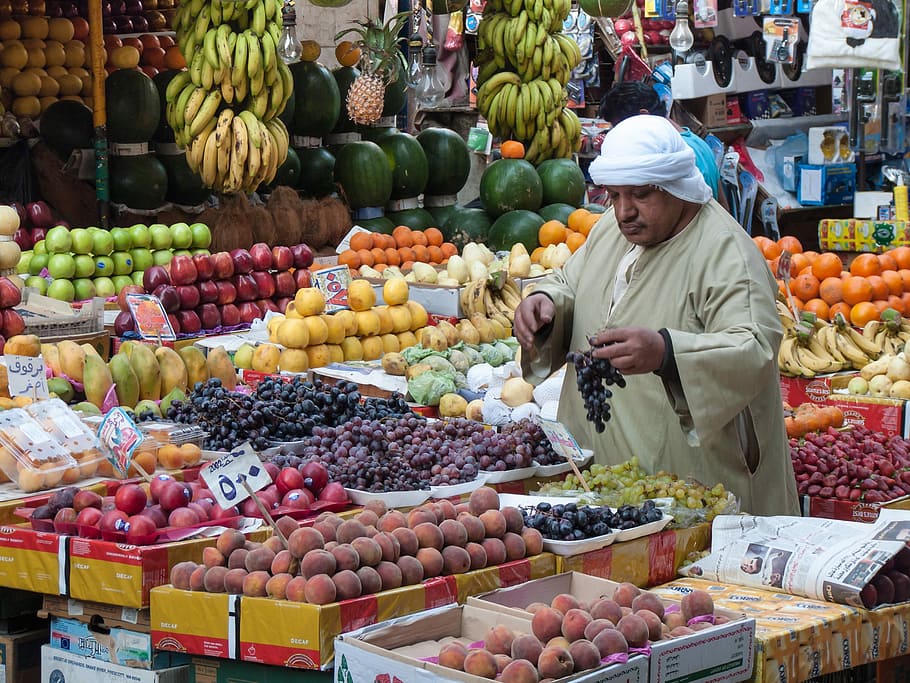






Comments (0)